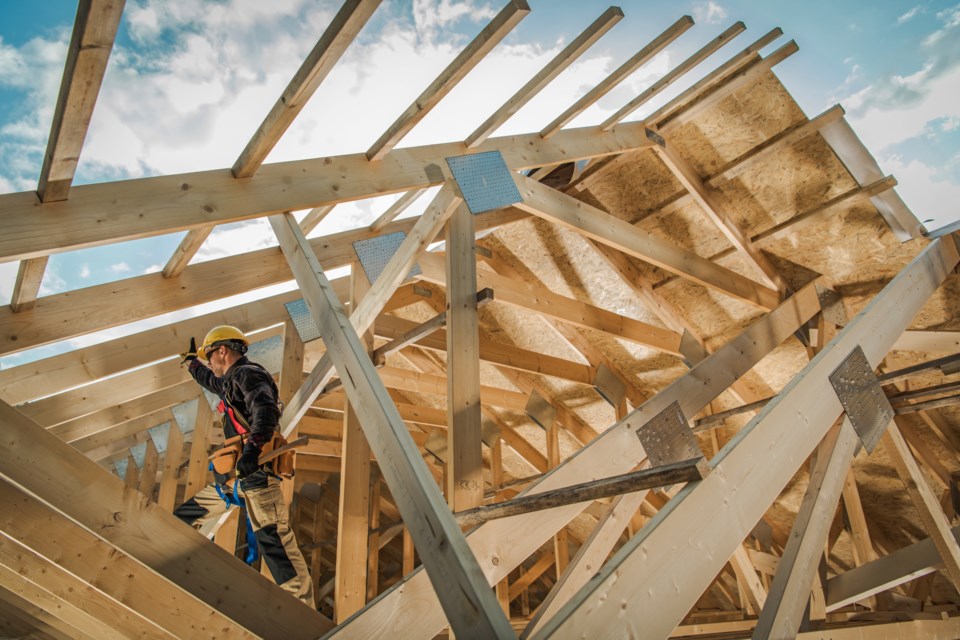OrilliaMatters welcomes letters to the editor at [email protected] or via our website. Please include your daytime phone number and address (for verification of authorship, not publication).
The current state of the climate crisis is clearly being shown around the globe with extreme heatwaves, heavy rainfalls, and severe storms.
Canadians are not immune to this crisis, as wildfires, floods, droughts, and storms will cost the Canadian economy $139 billion in the next 30 years.
The Insurance Bureau of Canada found that 20 per cent of Canadian households (1.8 million) could be qualified as high risk for flooding. Over time, more weather events will push insurance premiums up or insurance providers will cease to offer coverage in many areas due to large risk.
New homes should now come with a warning on what type of land they are being built on. The increased desire to build on wetlands while encroaching on creeks and waterways will ensure serious issues with the structures down the road. Homeowners should be concerned that they will have wet basements or structural shifting as the buildings adhere to the land that has recently been filled to accommodate a new home development. Their basements may be prone to flooding.
Continued development in the Bear Creek area in Barrie has some homes already built on muck, poorly drained and very poorly drained soils, as they are wetlands that will require much fill. Where do you think this water will go once they are filled in?
Wasaga Beach is going to have issues as well, certainly around the Marl Lake area, where there are unevaluated wetlands that really should be evaluated before they get filled in. The Ministry of Agriculture shows the land around Marl Lake as poorly drained.
Our conservation authorities have lost their bite and legislation has been changed with wishy-washy language. The planning and development of communities is open to developers. Across Ontario, the Ford government is pushing to build more homes faster by neglecting safeguards that protect Ontarians from future disasters. Municipalities are cash poor, and the provincial government is holding the purse strings. Ford has taken development fees from the municipalities and now expects them to perform to earn our tax dollars back.
Since homes come at such a huge cost, shouldn’t the buyer know first-hand the risk? Shouldn’t the government bear some responsibility for forcing growth in areas that should be left as is?
Anna Bourgeois
Ramara



